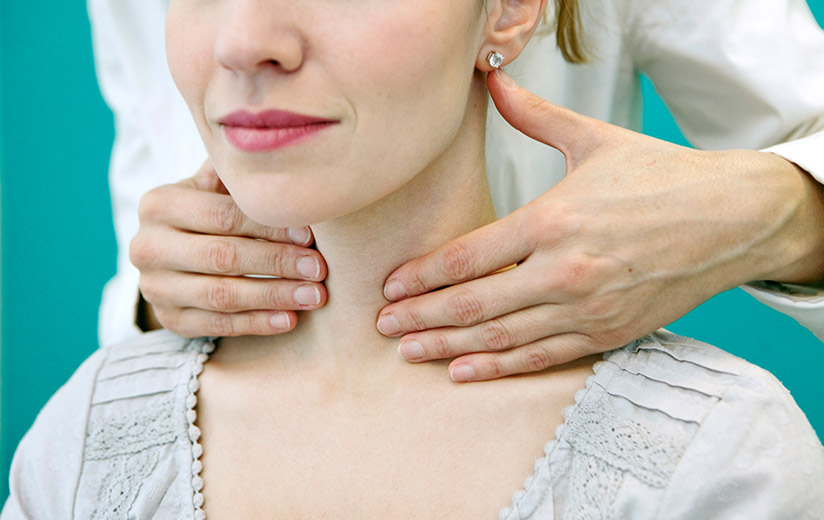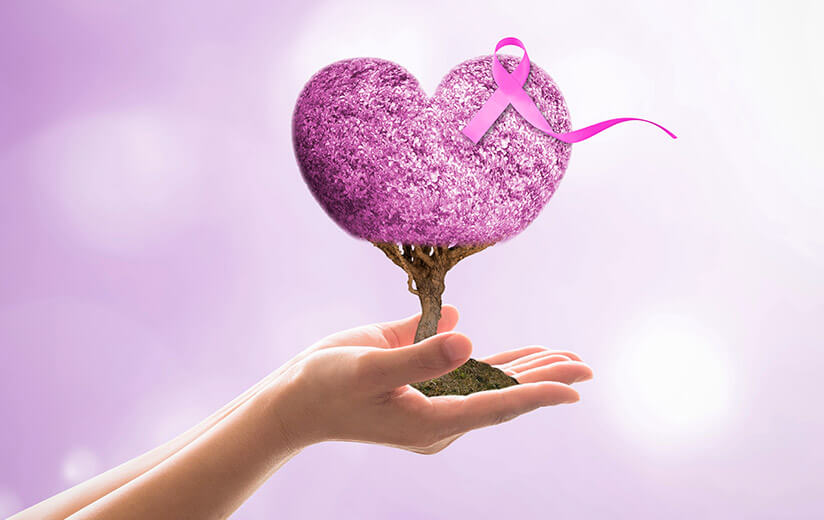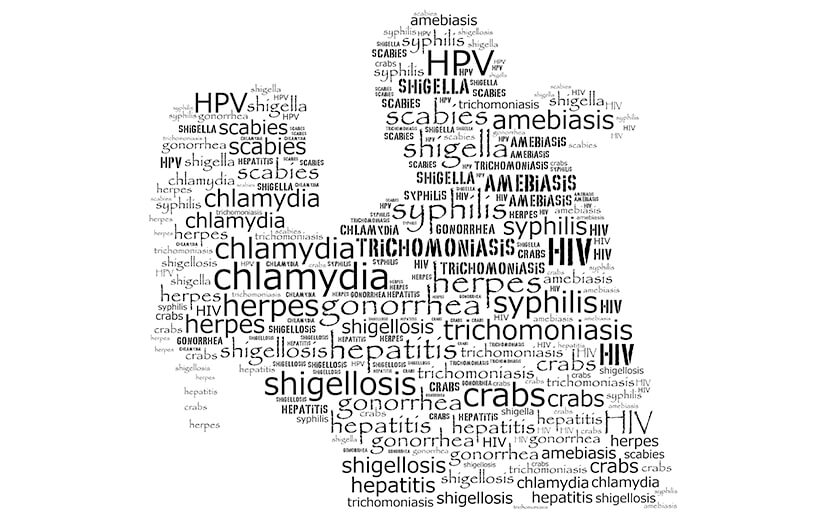Thyroid gland
The thyroid gland
Giota Gargala Stefanou
One of the most common medical problems, a teenage girl might face during puberty is the malfunction of the thyroid gland. Thyroid gland disorders are very common amongst girls. For example, thyroid overproduction of hormones -known as hyperthyroidism – is five times more often in the girls than the boys during puberty.
The thyroid is an important gland situated in the anterior (front) neck below the skin and muscle layers, taking the shape of a butterfly with the two wings wrapping around the trachea. The sole function of the thyroid is to regulate the body’s metabolism by producing two very important hormones: T4 and T3.
Sometimes, there might not be any obvious symptoms of the malfunction of thyroid, though it can be diagnosed via laboratory tests. In some cases symptoms are not that obvious or can mimic those of other health problems (i.e. stress or exhaustion), making it difficult for your doctor to diagnose.
When to visit a doctor:
Symptoms of hyperthyroidism:
• Anxiety, irritability, insomnia, muscle weakness
• Rapid heartbeat (tachycardia) —or pounding of your heart (palpitations), excessive sweating, hand tremors, sweaty-warm hands
• Changes in menstrual patterns
• Bulging eye
• Weight loss along with increased appetit
• Increased sensitivity to hea
• Changes in bowel patterns, especially more frequent bowel movements
Symptoms of hypothyroidism:
• Fatigue, slowed reactions, sleepiness
• Slowed heart rate
• Dry, brittle hair and nails, loss of eyebrows
• Impaired memory, depression
• Increased sensitivity to cold
• Weight Swelling/ tightness in the neck / eyelids , enlarger thyroid (goiter)
• Constipation
• Intolerance to cold
• Dry skin
• Puffy face
• Hoarseness
• Heavier than normal or irregular menstrual periods
Thyroid disorders can be diagnosed via clinical and lab tests (usually blood tests and ultrasound) and can be treaded either with medication or surgery.
It is important to schedule an annual blood test check up to prevent any malfunctions in your body.
Giota Gargala - StefanouPediatrician, Scientific Associate of the Greek Society of Adolescent Medicine















